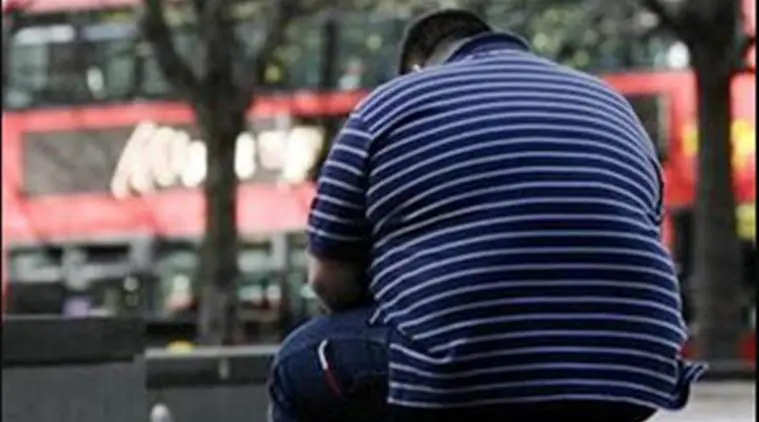
Mumbai: Should low levels of testosterone be an added criterion for undergoing bariatric or weight-loss surgery?
A local study by a bariatric surgeon, published in an indexed medical journal, has shown that six out of 10 obese patients who came to him had low levels of the primary male hormone.
“Given the findings in the first such study from India, I feel we should address the query about the inclusion of testosterone deficiency as an additional qualification for bariatric surgery,” said surgeon Dr Shashank Shah, the main author of the study.
Low testosterone has been linked to obesity for decades now. Scientists say fat cells metabolise testosterone into hormone estrogen, leading to a deficiency of the male hormone. At the same time, without adequate testosterone, conversion of blood sugar gets hit and eventually leads to diabetes.
The latest study, published in ‘Obesity Surgery’, an indexed journal from Springer-Nature, looked at 134 males between 18 and 30 years of age who had a BMI (body mass index) of more than 32.5kg/m2. Their BMI, total and free testosterone levels and clinical features of gynecomastia (an increase in the breast gland tissue in boys or men), hypogonadism (failure of testes to function properly) and thinning of pubic and armpit hair were noted.
“We found that 60 per cent of the patients had low testosterone levels and another 20 per cent had a borderline count,” he said.
The study concluded that testosterone levels among the obese youngsters had shown a decreasing trend with increasing BMI.
Some obese patients wear jackets in the height of summer as they are concerned about the size of their breasts, said the doctor. He said many parents were worried about their son’s physical development being hampered by excessive weight.
“The actual incidence of hypotestosteronemia (testosterone deficiency) and its manifestations in young adults may be significantly higher than what is reported in the literature. We need to study this trend in detail,” the doctor said.
There is another reason for testosterone’s importance; even though it is mainly considered a male sex hormone, it plays a role in a person’s emotional wellbeing as well. Its levels affect cognitive functions and the risk of depression in both men and women.
“Testosterone is important for enthusiasm, commitment and compliance. When there is a lack of commitment or compliance, there could be low levels of testosterone at play,” said Dr Shah.
Given the importance of the hormone, his study has proposed that its deficiency should be included as one of the criteria for bariatric surgery, which is the term for weight-loss operations.
Delhi-based Dr Randeep Wadhwan, who is the president of the Obesity Surgery Society of India, said, “Previous studies have shown that testosterone levels are linked to obesity and diabetes. Testosterone deficiency can increase adiposity which leads to metabolic syndrome in which people have elevated levels of cholesterol, blood pressure, blood sugar,” said the doctor, who consults at MAX Super Specialty Hospital in New Delhi.
Stating the ‘Obesity Surgery’ study is perhaps one of the few studies in India linking testosterone to obesity, Dr Wadhawan said that bariatric surgery could be an option.
“We tell people to lose weight so that their testosterone levels increase, but this doesn’t always work. People have to lose 20 per cent of their weight for any changes in their testosterone levels, and this is something that bariatric surgery can help with,’’ he said.
However, not all doctors are convinced. Senior endocrinologist Dr Shashank Joshi said there is no scientific basis to link testosterone deficiency with bariatric surgery. “There is no role for surgery with testosterone. The person should be evaluated and carefully treated by an endocrinologist on the basis of evidence,’’ said Dr Joshi. A senior doctor from a public hospital said that some men have low testosterone without being obese. “How can weight-loss surgery help such a person,’’ he asked.






